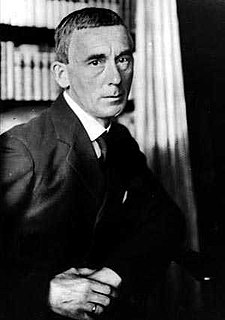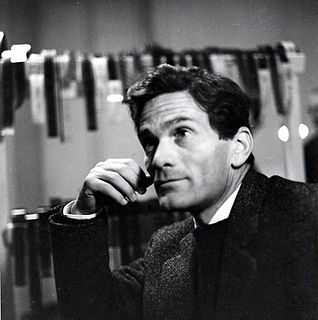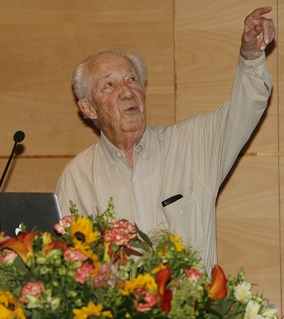A Quote by George Pattison
Positively, he [Heidegger] shows that the prospect of death doesn't of itself destroy all possibilities of meaning but calls instead for these to be relocated from fantasies about a future post-mortem life. However, I don't think he does enough in this work to show that this relocation has - I believe - a primarily ethical character (in Levinas's sense of 'ethical').
Related Quotes
In separating out, say, legal and moral requirements, I tend to work with paradigms rather than strict divisions - eg, paradigmatically, legal requirements are jurisdictionally bound whereas ethical requirements are aspirationally universal; ethical requirements focus especially on intentions whereas legal requirements focus primarily on conduct; ethical requirements take priority over legal requirements; and so on.
Talking about freedom, about ethical issues, about responsibilities as well as convenience, is asking people to think about things they might prefer to ignore, such as whether their conduct is ethical. This can trigger discomfort, and some people may simply close their minds to it. It does not follow that we ought to stop talking about these things.
Individualism is at once an ethical-psychological concept and an ethical-political one. As an ethical-psychological concept, individualism holds that a human being should think and judge independently, respecting nothing more than the sovereignty of his or her mind; thus, it is intimately connected with the concept of autonomy. As an ethical-political concept, individualism upholds the supremacy of individual rights
Experience was of no ethical value. It was merely the name men gave to their mistakes. Moralists had, as a rule, regarded it as a mode of warning, had claimed for it a certain ethical efficacy in the formation of character, had praised it as something that taught us what to follow and showed us what to avoid. But there was no motive power in experience. It was as little of an active cause as conscience itself. All that it really demonstrated was that our future would be the same as our past, and that the sin we had done once, and with loathing, we would do many times, and with joy.
Today is the parent of tomorrow. The present casts its shadow far into the future. That is the law of life, individual and social. Revolution that divests itself of ethical values thereby lays the foundation of injustice, deceit, and oppression for the future society. The means used to prepare the future become its cornerstone.
Death does determine life. Once life is finished it acquires a sense; up to that point it has not got a sense; its sense is suspended and therefore ambiguous. However, to be sincere I must add that for me death is important only if it is not justified and rationalized by reason. For me death is the maximum of epicness and death.
The meaning that we are seeking in evolution is its meaning to us, to man. The ethics of evolution must be human ethics. It is one of the many unique qualities of man, the new sort of animal, that he is the only ethical animal. The ethical need and its fulfillment are also products of evolution, but they have been produced in man alone.

































